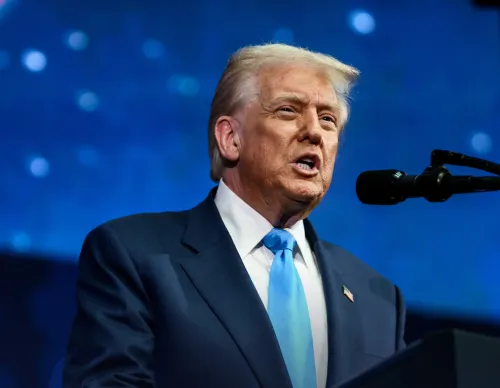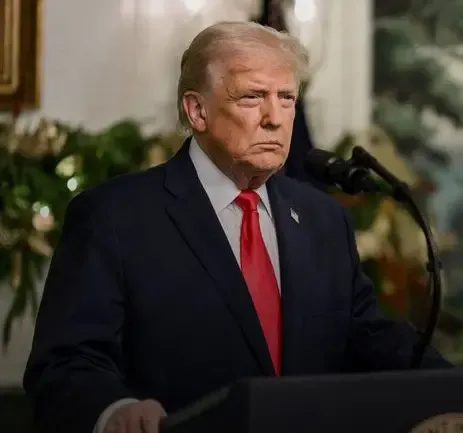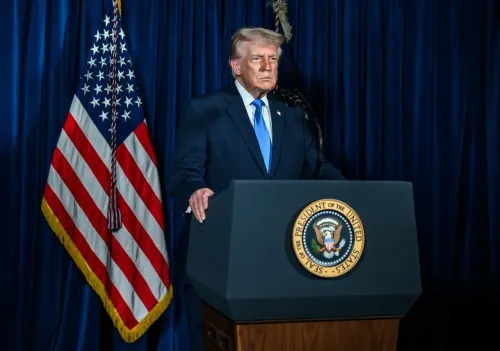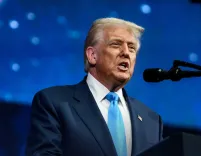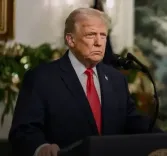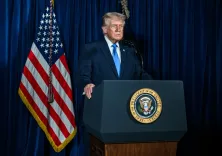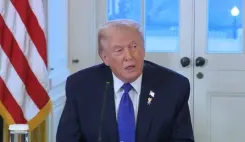What Role Does IMEC Play in Global Connectivity at Cyprus Forum 2025?
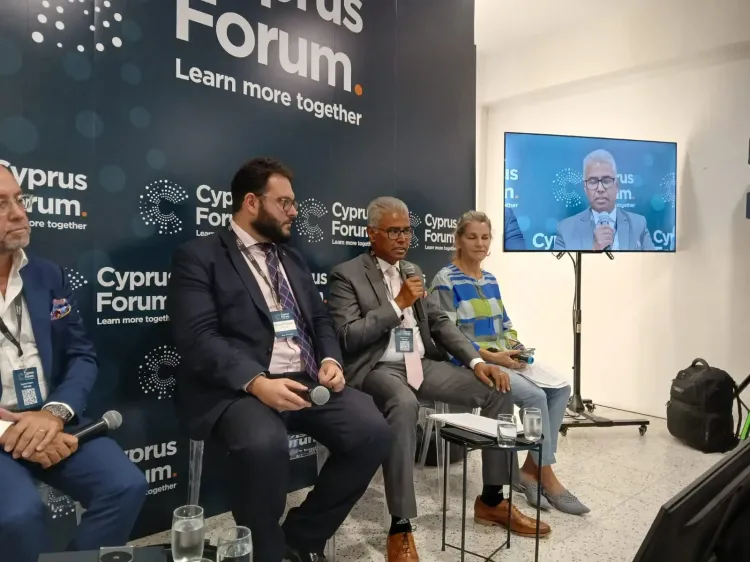
Synopsis
Key Takeaways
- IMEC is a significant initiative for enhancing global connectivity.
- Cyprus plays a vital role as India’s entry point to Europe.
- There are opportunities for collaboration in shipping and renewable energy.
- The focus is on sustainable development and green energy.
- IMEC promotes stability in the Eastern Mediterranean.
Nicosia, Oct 4 (NationPress) During the Cyprus Forum 2025 in Nicosia, India's High Commissioner to Cyprus, Manish, emphasized the significant impact of the India–Middle East–Europe Economic Corridor on global connectivity, trade, and sustainable progress.
As a prominent panelist at the forum, High Commissioner Manish engaged in discussions regarding the strategic importance of the Eastern Mediterranean in European and global contexts. He elaborated on the IMEC and its extensive effects on international trade, connectivity, and sustainable development, as reported by the Indian High Commission in Nicosia via X this Saturday.
In his address, the High Commissioner highlighted India's vision for the IMEEC as a revolutionary connectivity project, aimed at lowering logistics costs, reducing transport times, and creating new trade routes connecting Asia, the Gulf, and Europe. He also pointed out Cyprus's critical role as India’s natural entry point to Europe and the potential for collaboration between Cyprus and India in sectors such as shipping, renewable energy (including green hydrogen), digital trade facilitation, financial services, and education.
Moreover, the High Commissioner reiterated the mutual commitment of India and Cyprus to sustainable development and a rules-based international framework, which aligns with IMEC's focus on green energy, digital integration, and inclusive growth.
Previously, in June, during his trip to Cyprus, Prime Minister Narendra Modi engaged in comprehensive discussions with Cypriot President Nikos Christodoulides at the Presidential Palace in Nicosia, exploring ways to enhance cooperation in trade, investment, security, and technology.
Both leaders recognized the importance of the IMEC as a transformative, multi-dimensional initiative that promotes peace, economic integration, and sustainable progress. They viewed IMEC as a catalyst for positive regional cooperation, reaffirming their shared dedication to fostering stability in the Eastern Mediterranean and the broader Middle East, while stressing the necessity of enhancing connections from the Indian subcontinent through the Middle East to Europe.
While acknowledging Cyprus's role as a gateway to Europe, they highlighted its potential to function as a regional hub for transshipment, storage, distribution, and logistics. They welcomed the idea of Indian shipping firms establishing operations in Cyprus, promoting maritime cooperation through joint ventures that involve both Cypriot and Indian maritime service providers, thereby further strengthening economic and logistical relationships.


